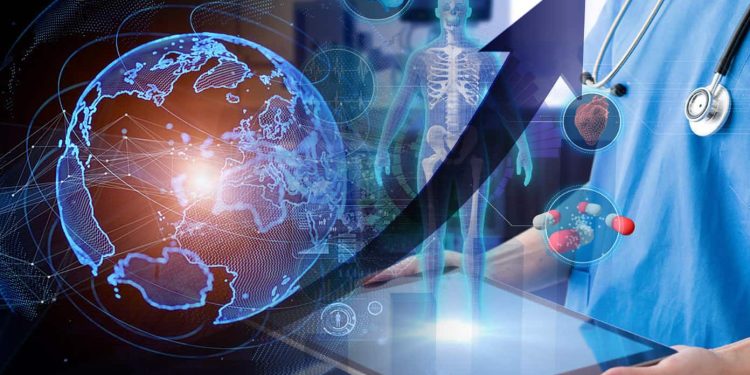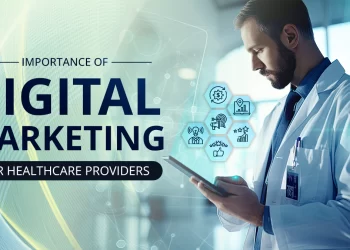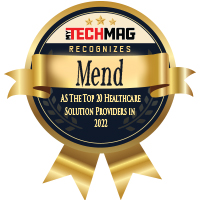Technology has always been a driving force for changes and innovations in every industry. No industry today is untouched by the disruptions caused by technological progress. The Healthcare industry has also been undergoing rapid transformation due to the influence of technology. But this transformation gained even greater momentum after the Covid-19 pandemic outbreak. Usage of AI, mobile apps, wearables, and virtual health assistants increased, and technology was at the core of this. This article covers some technology trends that are shaping the healthcare industry of today.
Artificial Intelligence
Artificial Intelligence puts the common people in control of their well-being. With AI’s help, it is now possible to mine medical records and better understand patterns, leading to predictive analysis. Another great benefit of Artificial Intelligence in the healthcare sector is that it is fostering preventative medicine and new drug discovery. For example, IBM’s Watson can pinpoint precise medicines for cancer patients. Wearables like FitBits also use AI, which enables people to keep track of their health. Artificial Intelligence is also being used in the healthcare industry to develop new drug candidates and novel therapeutic solutions.
Virtual Reality
Virtual Reality is being employed in the healthcare industry throughout its various branches. Future surgeons are being trained using VR, and the present surgeons use it to polish their skills. According to a Harvard Study, VR helps boost the performance of surgeons by 230%. VR helps patients suffering from neurological disorders, cardiac ailments, and even pregnant women get through the pain. VR is also helping improve the overall hospital experience for patients.
Augmented Reality
The new Augmented Reality applications are helping doctors to diagnose and treat patients with great precision. AR allows healthcare professionals to access real-time, life-saving information that helps them provide better and precise healthcare. Just like Virtual Reality, AR is helping medical students to prepare for surgeries. For example, Microsoft HoloLens is being used by medical students to study anatomy via the HoloAnatomy app. Augmented Reality is also helping nurses. For example, AccuVein is a device which is helping nurses to determine where the veins are.
Wearables and Sensors
Wearables and sensors are encouraging self-care in patients. They empower patients and allow them to take control of their lives. For example, FitBit Ionic helps people monitor their sleep and track their workout. Muse Headband helps people meditate better. From wearable ECG monitor to wearable BP monitors, no matter what your need, there is an intelligent device available to help you stay on track with your fitness journey.
Nanotechnology
Nanotechnology or the science of extremely small, is all set to revolutionize the healthcare sector in many ways. From delivering drugs in the form of nanoparticles to making precision diagnosis possible, nanotechnology holds great potential for the industry. For example, in 2014, Max Planck Institute designed microbots that could swim through the body fluids and enable non-invasive diagnosis of diseases. PillCam, which also uses nanotechnology, is already in use for colon exam. Nanotech is also available in the form of patches, like Grapheal, that enable faster-wound healing.
Medical Tricorder
Medical Tricorders are handheld devices designed for self-diagnosis of various conditions and monitor vital parameters. Viatom CheckMe Pro is an omnipotent device that enables healthcare professionals to measure heart rate, ECG, oxygen saturation, blood pressure, body temperature, and other vital parameters. Another device is FDA-cleared BioSticker, which is a thin device that can measure parameters like – heart rate, respiratory rate, body position, gait, sleep status, activity levels, and so much more!
Wrapping Up
Looking at the latest technology trends, we can say that technological advancements have played a significant role in enhancing the efficiency, precision, speed, and scope of healthcare. If the healthcare industry continues to embrace technological innovations, the dream of longevity and good health is not too far.








